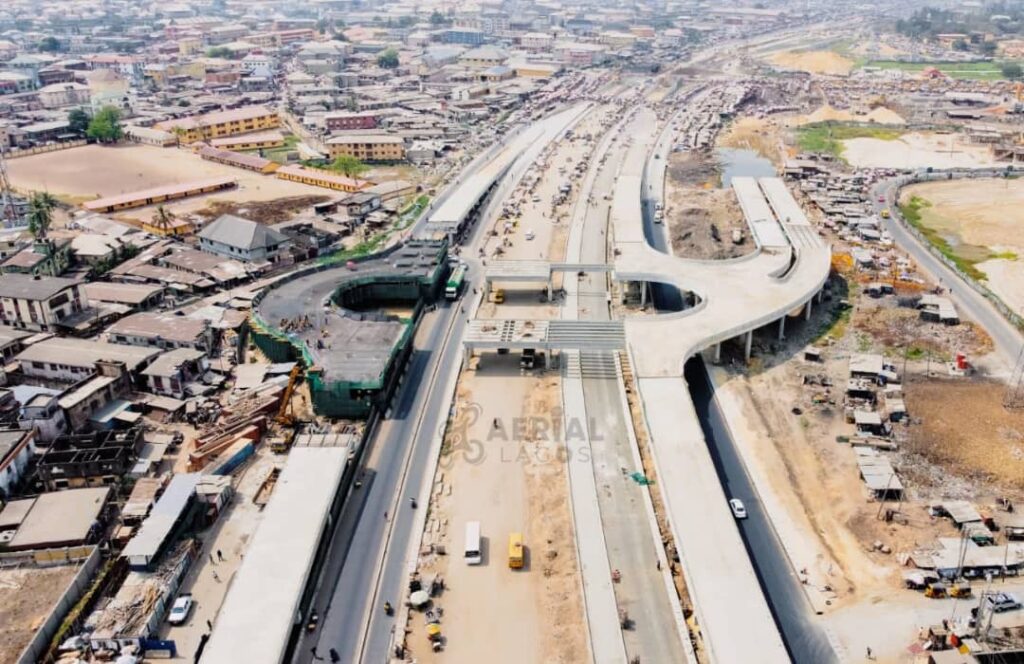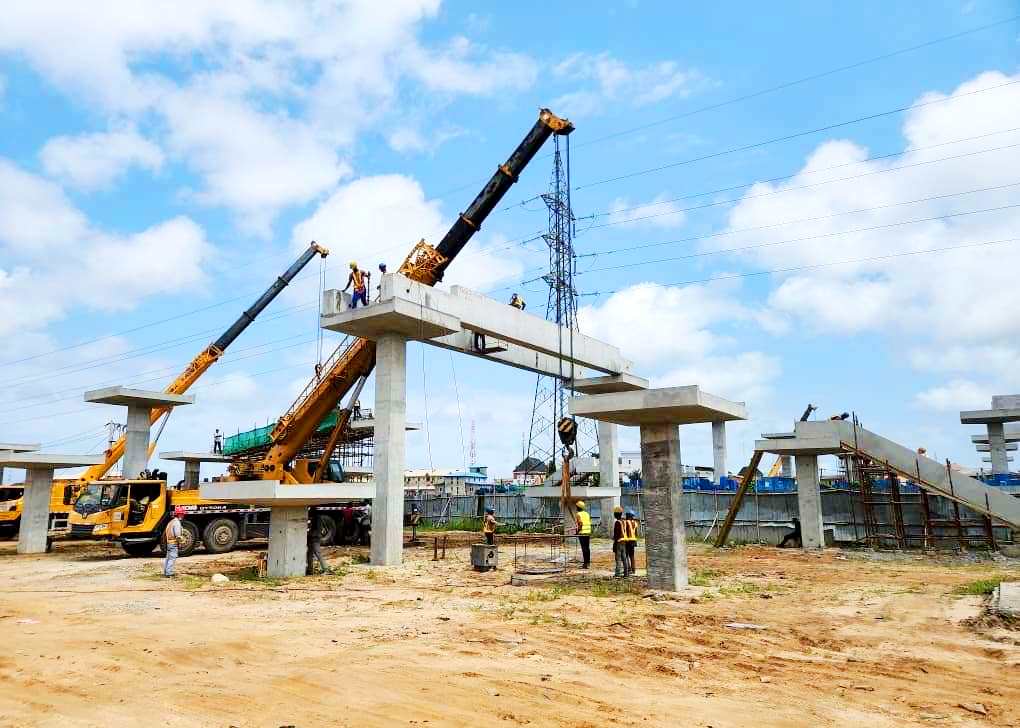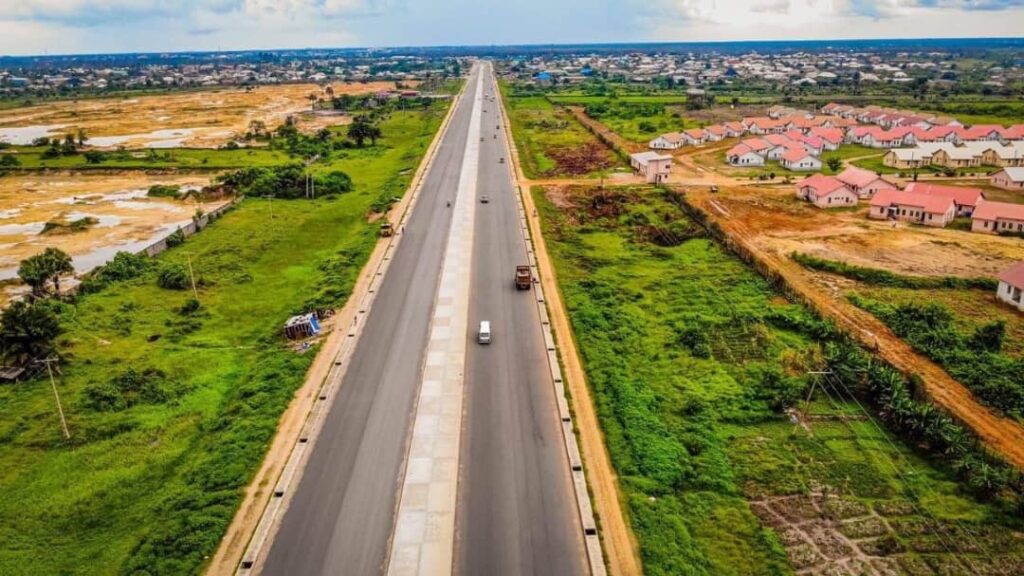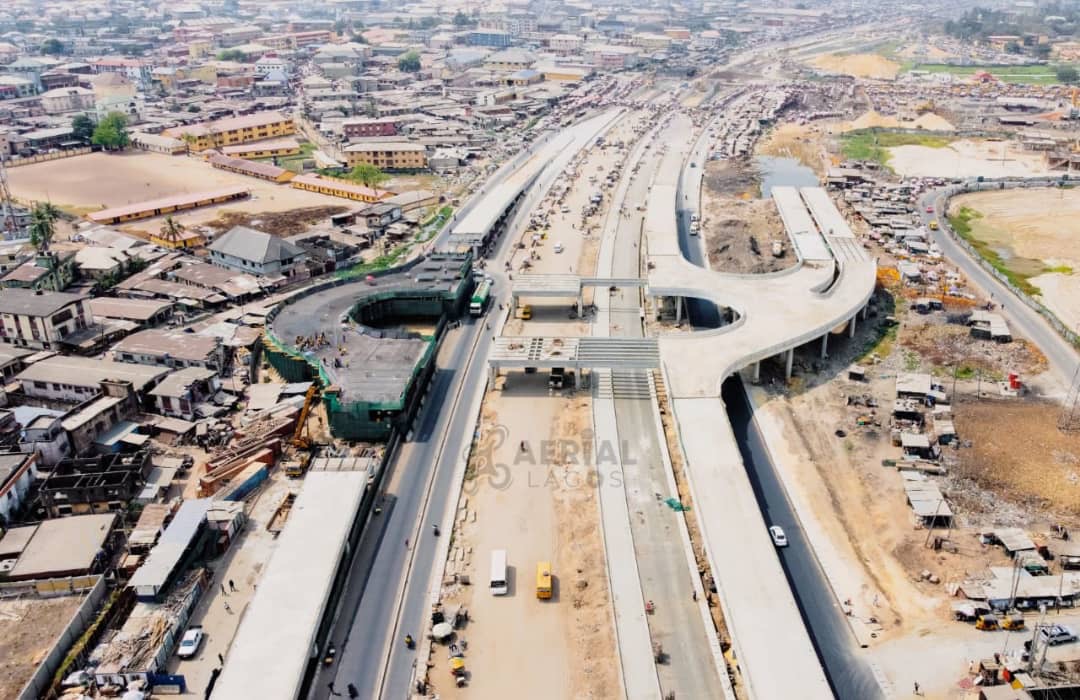By Uche Nnadozie

On a visit to one of the towns along the Badagry Expressway, the remarkable impact of the reconstructed highway could not escape this writer, having passed the same route some years ago when it was for – lack of a better word – a mess!
The community, which is after Agbara, was almost impassable some years ago as passengers were made to alight from their vehicles at various pain-points between Okokomaiko and Agbara. This is after enduring the Iyana Iba traffic jam. It’s either the vehicle is made to make a detour into nondescript streets or needed to shed weight in order to make it past some craters that unusually “seized” the steering from drivers.

While on this trip, a resident of one of the communities along the corridor also narrated the horror of living in that part of town six to 10 years ago.
She could not hide her excitement as she recounted the anguish they endured as the road began to deteriorate. From pot holes, to craters, to gullies, “it was as if we had been cut off from civilization”, she said with sadness.
According to checks from the area, when the highway got really bad, it took four hours to escape, yes, that’s the word, escape from the Iyana Iba general area, for example.

On a good day, it took two hours. Driving was war, and only the brave survived. While each bus stop offered different degrees of pain-points, those of Okoko, Iba, Agric, Volks, Trade Fair and Mile 2 were nail biting.
To successfully navigate towards the island from Magbon for example, close to six to eight hours were wasted on the road which should have taken about one hour. Well, a considerable number of residents migrated to other parts of the state abandoning their homes and business or chose to ride on okada despite its dangerous and life threatening consequences.
Many died from “flying Okada” my guide quipped. “While sitting in a bus came with its challenges including long hours in traffic and robbery, Okada was a no-no for me”.
Today, Iyana Iba is “breeze”. What with the over passes and solid construction and expansion of the road. Not just Iyana Iba, but all the hitherto tough junctions and bustops with traffic bottlenecks have over passes and road expansions. Traveling is now like a hobby.
All those bad experiences have become nightmares that residents now wake up to reminisce about. Some have erased that era from their minds. With the relief they presently experience, the horror years are like distant occurrences that should be forgotten.
With the efforts of the state government led by Governor Babajide Sanwo-Olu and his team, the people who live on that corridor have started to smile again. They can now invite their family and friends for social events in the area.
Today, events are held in faraway Badagry and people show up without any doubt about how they get there or when they will return – whether in peace or pieces.
The enourmous investment in expanding the Lagos-Badagry Expressway is bearing fruits. Lagos, which increased the double carriage way from four lines to 10 including a BRT dedicated lane and a metro has seen the great job bearing fruits in the lives and livelihoods of the people.
Although, a federal road being an international route, the state did a yeoman’s job in modernizing the infrastructure from Coastain to Okoko. The federal government through the federal road maintenance agency (FERMA) and the ministry of works continued the rest of the work to Seme.
It is pleasing to see freshness in the area. New private investments in businesses and properties are springing up along the corridor due to the new lease of life and uninhibited movement of people and services.
Lagos is the better for it. As we speak, the phase two of the Lagos Blue Line is under construction from Mile 2 to Okoko. The phase one from CMS in Lagos Island to Mile 2 is perhaps the most popular metro service in Africa today.
Meanwhile, government must continue to enforce it’s traffic and environmental laws to make the whole infrastructure investment work for all while impacting the feel, face, lives and livelihoods of the people.
